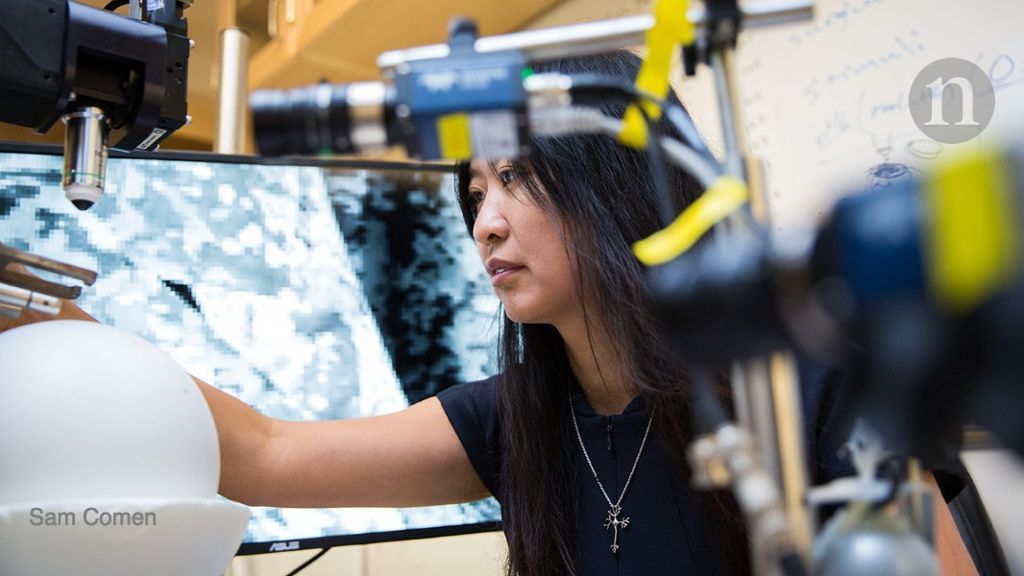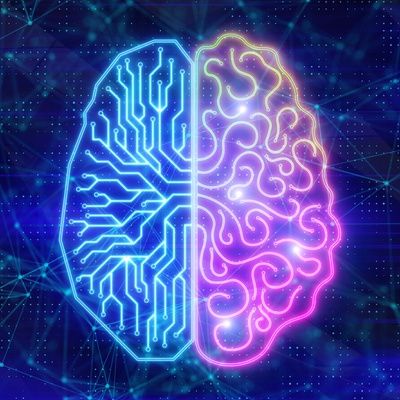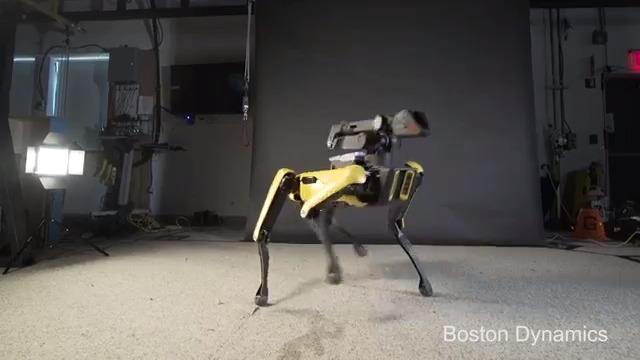Facial recognition technology is being tested by businesses and governments for everything from policing to employee timesheets. Even more granular results are on their way, promise the companies behind the technology: Automatic emotion recognition could soon help robots understand humans better, or detect road rage in car drivers.
But experts are warning that the facial-recognition algorithms that attempt to interpret facial expressions could be based on uncertain science. The claims are a part of AI Now Institute’s annual report, a nonprofit that studies the impact of AI on society. The report also includes recommendations for the regulation of AI and greater transparency in the industry.
“The problem is now AI is being applied in a lot of social contexts. Anthropology, psychology, and philosophy are all incredibly relevant, but this is not the training of people who come from a technical [computer science] background.” says Kate Crawford, co-founder of AI Now, distinguished research professor at NYU and principal researcher at Microsoft Research. “Essentially the narrowing of AI has produced a kind of guileless acceptance of particular strands of psychological literature that have been shown to be suspect.”






